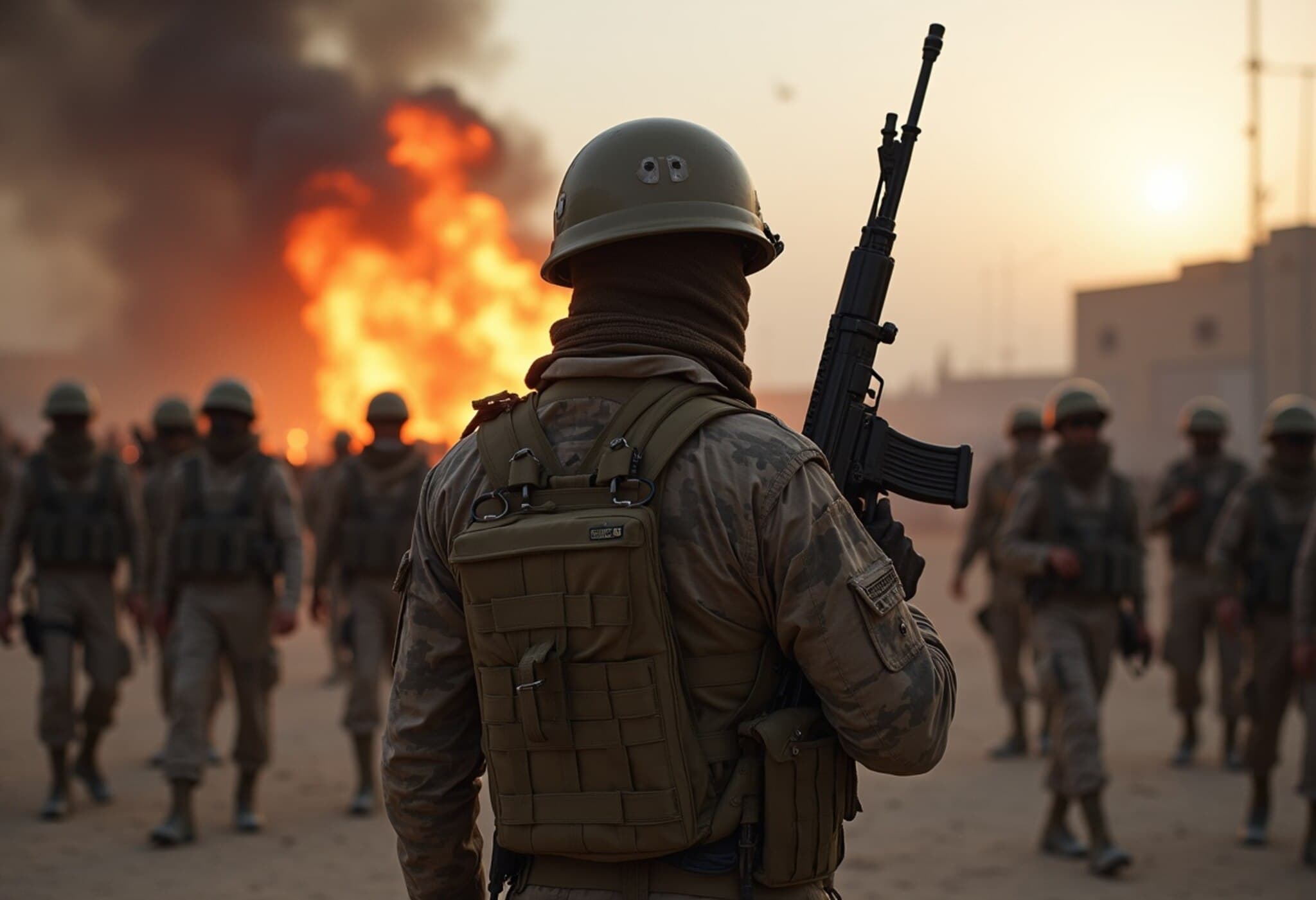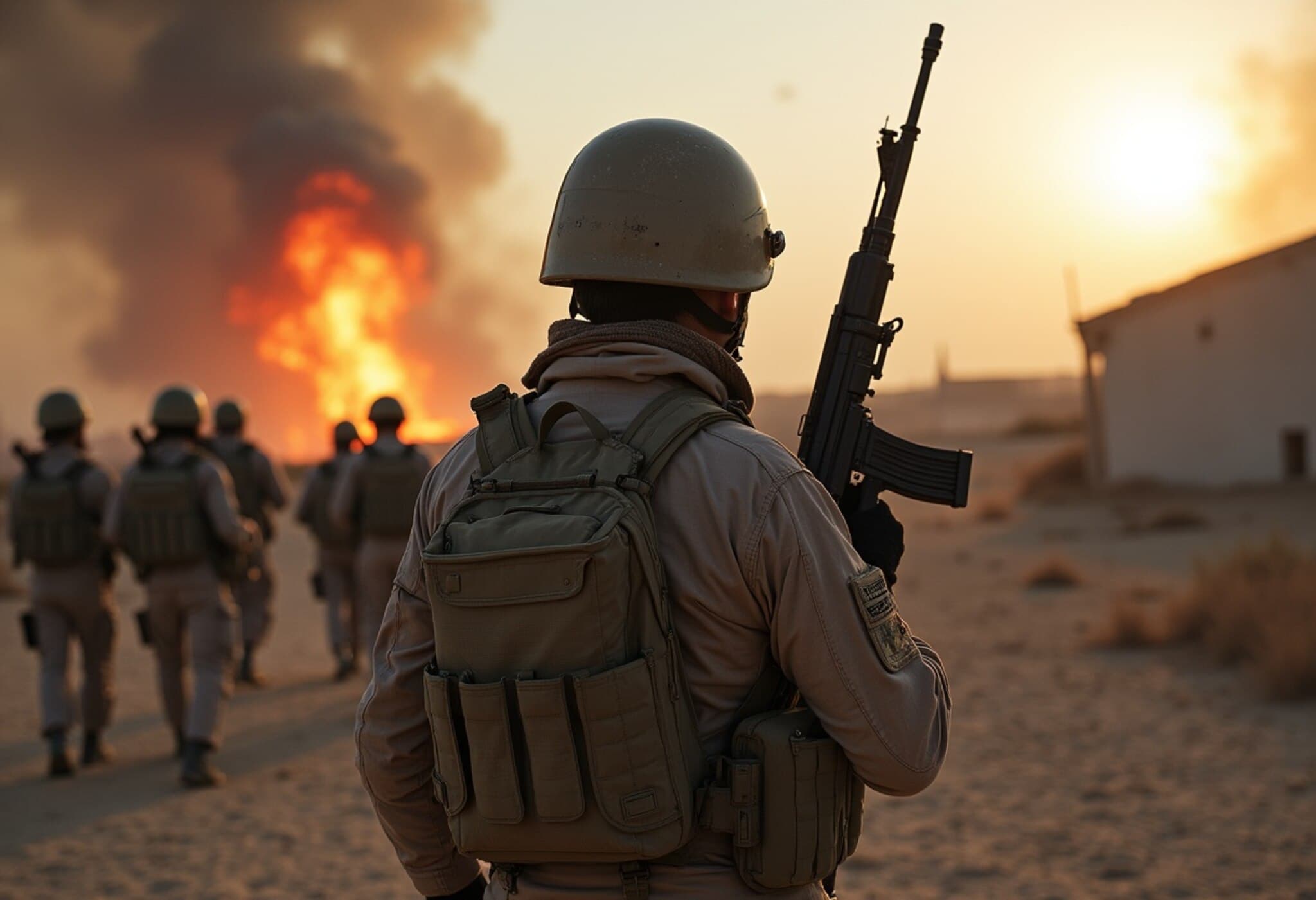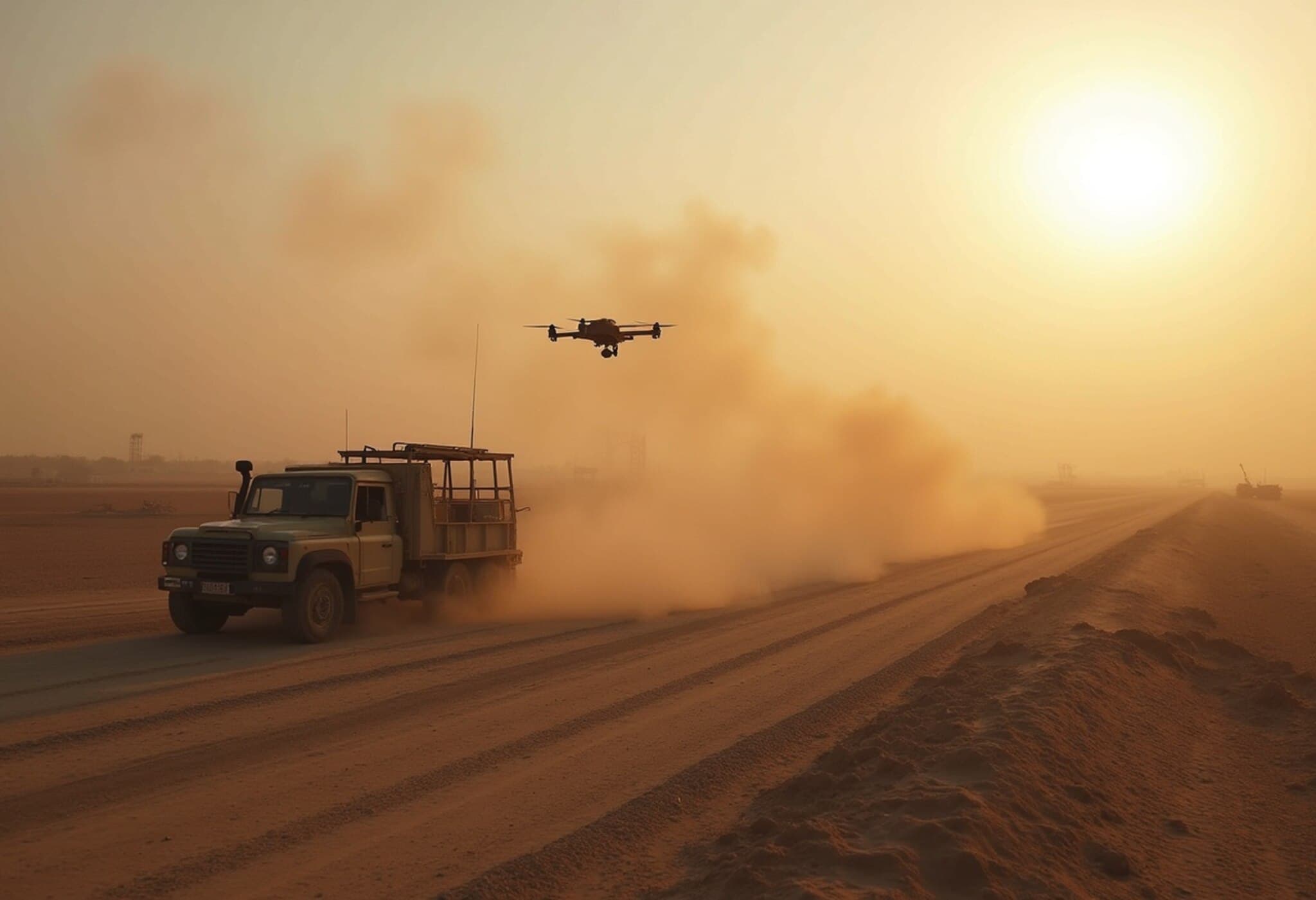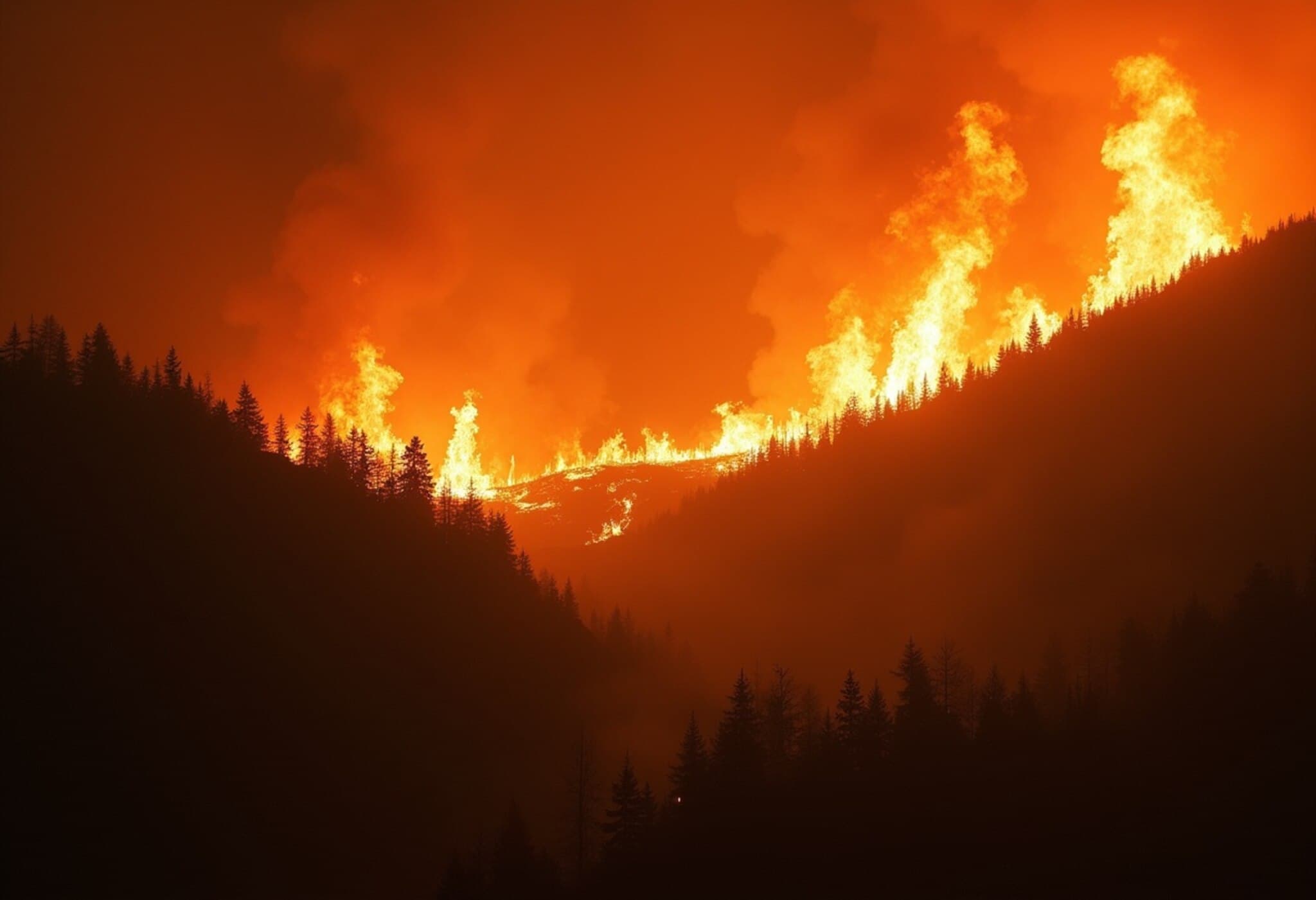Violent Confrontation Erupts at Baghdad Agriculture Ministry
In a startling escalation of tensions within Iraq’s capital, Baghdad witnessed a deadly clash on Sunday between police forces and fighters from the Popular Mobilisation Forces (PMF), a state-sanctioned paramilitary coalition. The confrontation left at least one police officer dead and resulted in the detention of 14 PMF fighters, according to official sources.
Storming of Government Offices Amid Leadership Dispute
The incident unfolded in the Karkh district during an administrative meeting at the Agriculture Ministry, just as a new director was being sworn into office. Fighters from the PMF forcibly entered the ministry building, igniting panic among staff and prompting multiple emergency calls to the police.
Multiple security sources and eyewitness employees revealed that the paramilitary fighters sought to prevent the replacement of the ministry’s former director. This aggressive intervention underscores the ongoing power struggles and factional influence within Iraq’s complex political landscape.
Understanding the Popular Mobilisation Forces (Hashd al-Shaabi)
The PMF, known in Arabic as Hashd al-Shaabi, is an umbrella organization composed predominantly of Shi’ite militias. Formally integrated into Iraq’s official security apparatus, these groups enjoy state sanction but remain heavily influenced by Iranian interests, particularly factions aligned with Tehran.
The arrested individuals were linked specifically to brigades 45 and 46 of the PMF, which Iraqi officials identify as connected with Kataib Hezbollah—an armed group with strong Iranian backing. This affiliation raises critical questions about Iran’s enduring influence over Iraqi state affairs and security institutions.
Official Response and Ongoing Investigations
Following the violent confrontation, the Joint Operations Command—which reports directly to Prime Minister Mohammed Shia al-Sudani—confirmed the identity of the detained paramilitary fighters and indicated that they had been forwarded to the judiciary for further legal proceedings.
Prime Minister Sudani has also ordered the formation of an investigative committee to fully examine the circumstances surrounding the incident, signaling a recognition of the gravity of this breach of official state authority.
Expert Analysis: A Symptom of Iraq’s Fragile Security and Political Environment
Experts on Iraqi affairs highlight that this incident exemplifies the persistent challenge of integrating powerful militia groups into formal state structures without compromising sovereignty or public order. While the PMF was created to combat extremist threats, its factions' insistence on maintaining independent political leverage often leads to confrontations with the government.
Such episodes threaten Iraq’s fragile stability as it navigates post-conflict recovery, sectarian tensions, and external pressures, particularly from Iran. The events also raise concerns about the rule of law and the capacity of Iraq’s government to assert control over armed groups within its borders.
Implications for Regional and International Security
Given the PMF’s ties to Iran, this clash has broader regional significance. It could signal shifts in Tehran’s strategic approach to Iraq or expose fractures within paramilitary groups. For international stakeholders invested in Iraq’s stability, the incident underscores the need for a nuanced approach balancing support for Iraqi sovereignty with efforts to reduce militia influence.
Key Takeaways
- Fatal clash between Iraqi police and PMF militants in Baghdad resulted in casualties and arrests.
- The altercation centered on interfering with the appointment of a new Agriculture Ministry director.
- PMF brigades involved are linked to Kataib Hezbollah, a known Iran-backed militia.
- Prime Minister Mohammed Shia al-Sudani has ordered an investigation into the incident.
- The event highlights ongoing complications in integrating paramilitary forces into Iraq’s state security framework.
Editor’s Note
This violent episode is more than an isolated security breach; it reveals deep-rooted tensions between Iraq’s government efforts to centralize authority and entrenched militias with external affiliations. As Iraq continues to rebuild and define its sovereignty, the international community must pay close attention to these developments, which could redefine internal power balances and regional dynamics. Readers are encouraged to consider the implications of paramilitary influence on governance and what this means for Iraq’s future stability.














